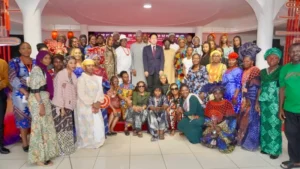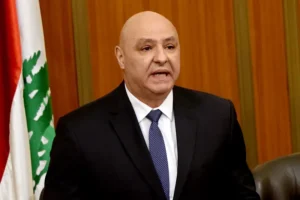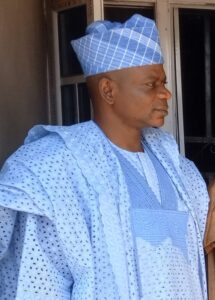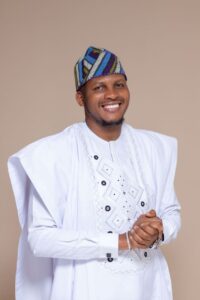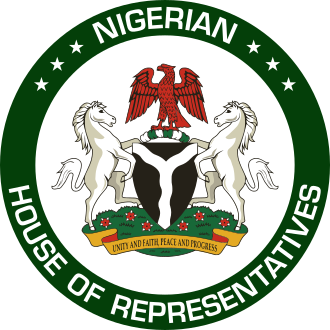
The House of Representatives Committee on the Review of the 1999 Constitution (as amended) on Saturday in Kaduna commenced a Zonal Public Hearing for the North-West Centre “A”.
The News Agency of Nigeria (NAN) reports that the centre comprised Kaduna, Kano and Katsina States as well as Jigawa. and Jigawa.
In his welcome address, Hon. Madaki Sani, Deputy Minority Leader and Chairman, Sub-Committee on Constitution Review, North-West Centre A, said the hearing was an important milestone in Nigeria’s legislative and democratic journey.
He stated d that the constitution remained a living document which must reflect the will of the people and evolve with national realities.
The chairman highlighted that the exercise would focus on 86 bills across 13 thematic areas, including.
Sani listed them to include:Electoral and Judicial Reforms, Inclusive Governance, State and Local Government Creation, Security and Policing.
He disclosed others as the Fiscal Reforms,Traditional Institutions,Fundamental Rights,Citizenship and Indigeneship, among others.
Sani reaffirmed the sub-committee’s commitment to an inclusive, participatory process, adding, “no voice will be too small, no idea too radical, and no region too remote to be heard.”
Representing Kaduna State Gov. Uba Sani, his Deputy, Dr Hadiza Balarabe, lauded the National Assembly’s initiative.
Sani described the hearing as a “moment of national reckoning” and urged the delegates to act as “nation-builders, not just technocrats.
“Our constitution must empower the people, not just convenience the powerful.”
She called for urgent reforms in areas such as Institutional Independence,State Policing, True Federalism, and
Gender Inclusion.
The Governor recalled legislative efforts he made during his time in the Senate to establish State Police Forces, acknowledging renewed nationwide consensus for decentralised security.
In its presentation, the Kano State Government, represented by the Deputy Governor, submitted a detailed Memorandum advocating the creation of 26 new local governments, full local government autonomy and state police establishments.
He also spoke of the need for recognition of traditional rulers, and comprehensive fiscal reforms.
Kano State also proposed a revised revenue sharing formula, reducing federal allocation from 52.68 per cent to 40 per cent, increasing states’ share to 35 per cent and local governments to 25 per cent.
It also supported fixing general elections on May 29 and swearing in on October 1 to align with Independence Day and allow the Courts time to resolve post-election litigations.
The Katsina State Government, represented by its Attorney General, Fadila Dikko, reiterated support for devolution of powers, fiscal federalism, and stronger institutions.
Katsina’s position paper also endorsed reforms in electoral processes, judiciary, local governance, and security.
Dikko described the hearing as a crucial step in “building a just, equitable and inclusive Nigeria,” and commended the national assembly for its leadership in driving the review process.
The Emir of Zazzau, Amb. Ahmad Bamalli, called for constitutional recognition of traditional institutions.
He recalled their historical role in promoting peace and development long before the amalgamation of Northern and Southern Nigeria in 1914.
Bamalli expressed concern that the 1999 constitution failed to acknowledge the relevance of traditional rulers, hence the need for an urgent revision.
The emir commended members of the ntional assembly for advocating on behalf of traditional leaders, and urged them to ensure that their roles were formally captured in the constitution.
The event witnessed broad participation from traditional rulers, civil society groups, professional bodies, women, youths leaders, and representatives of marginalised communities across the four states.

